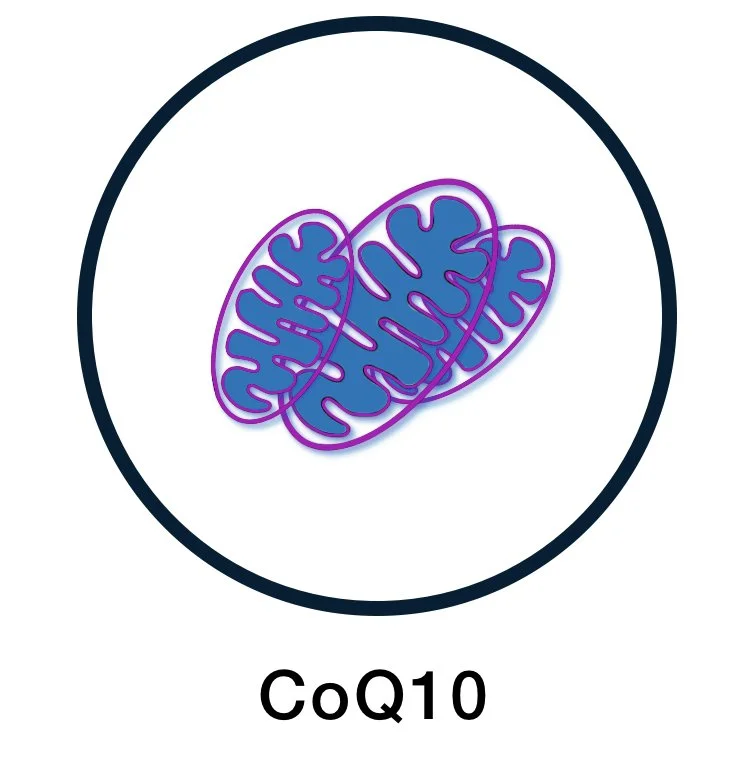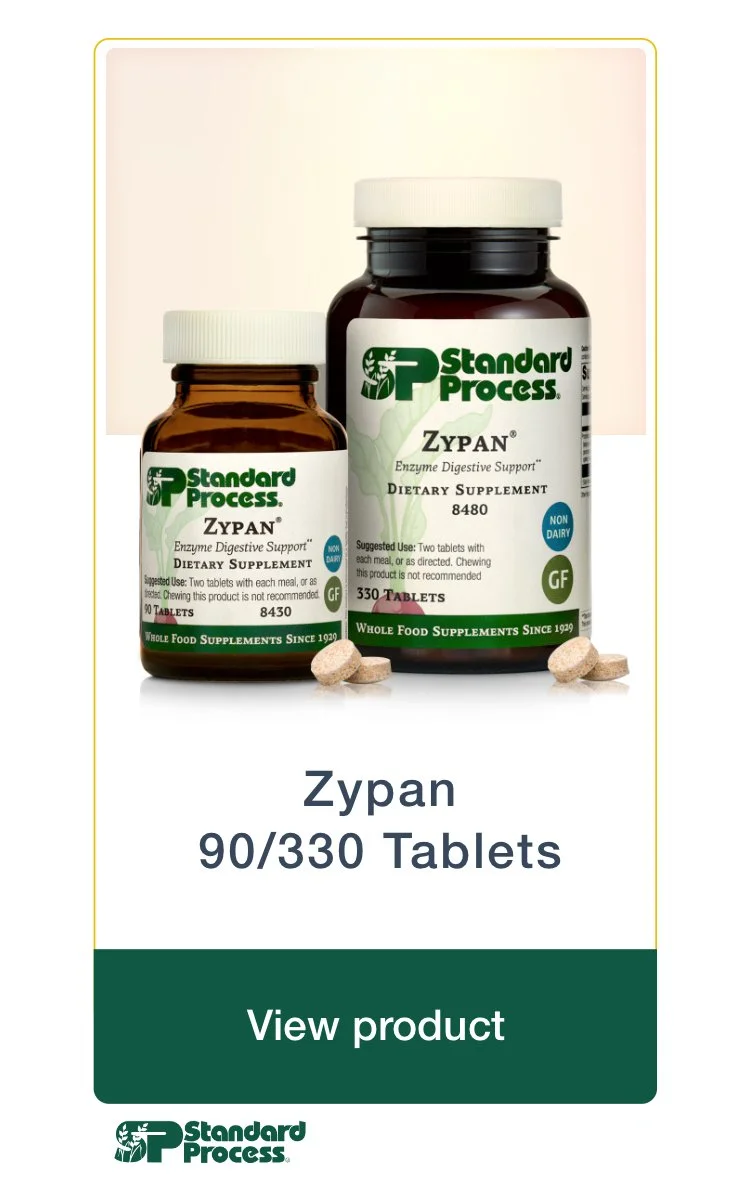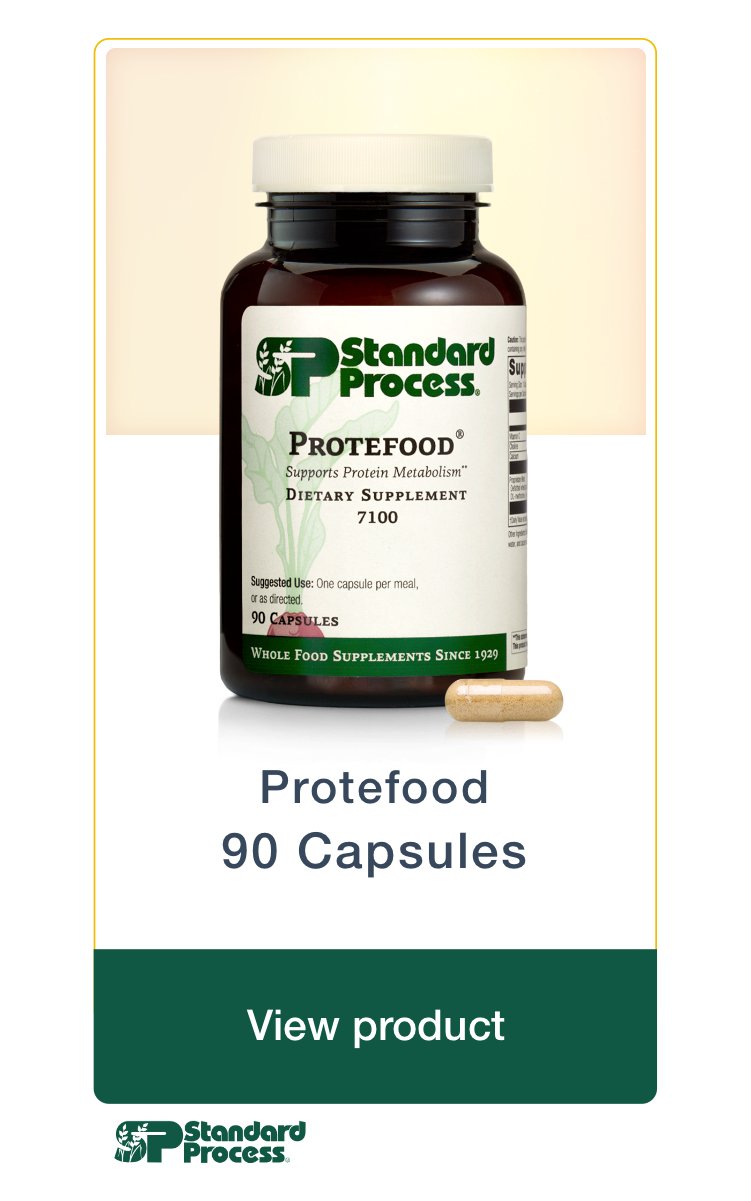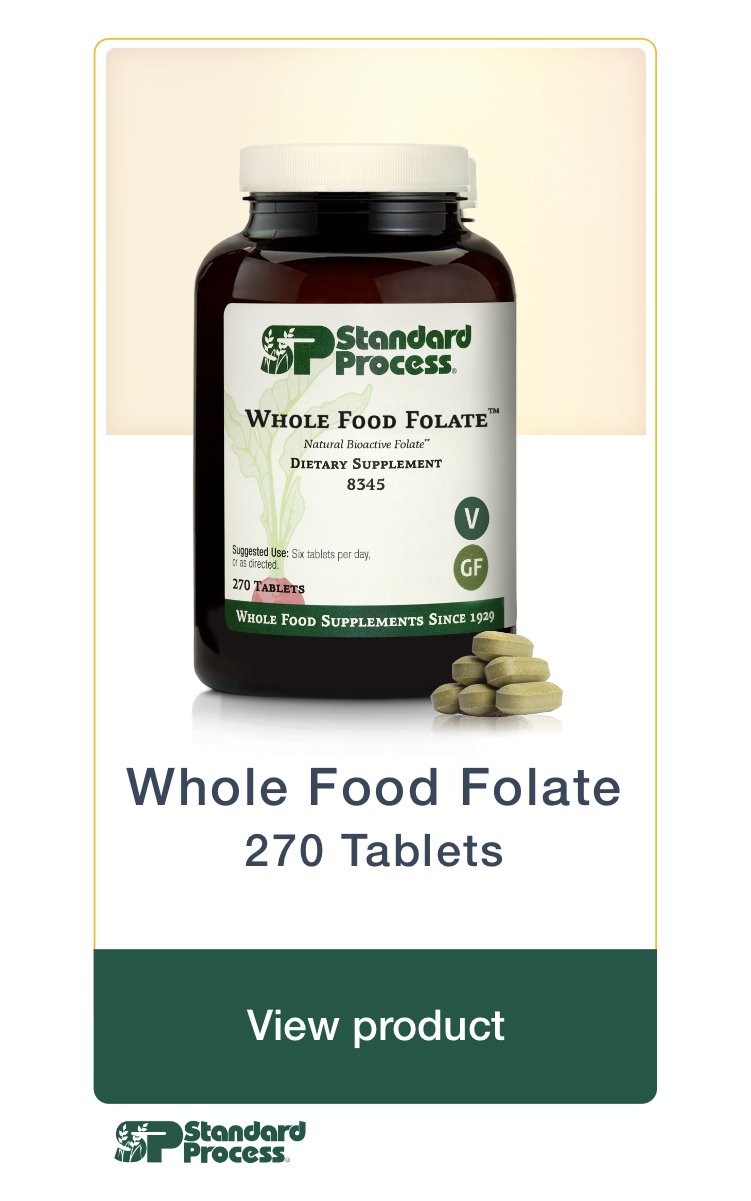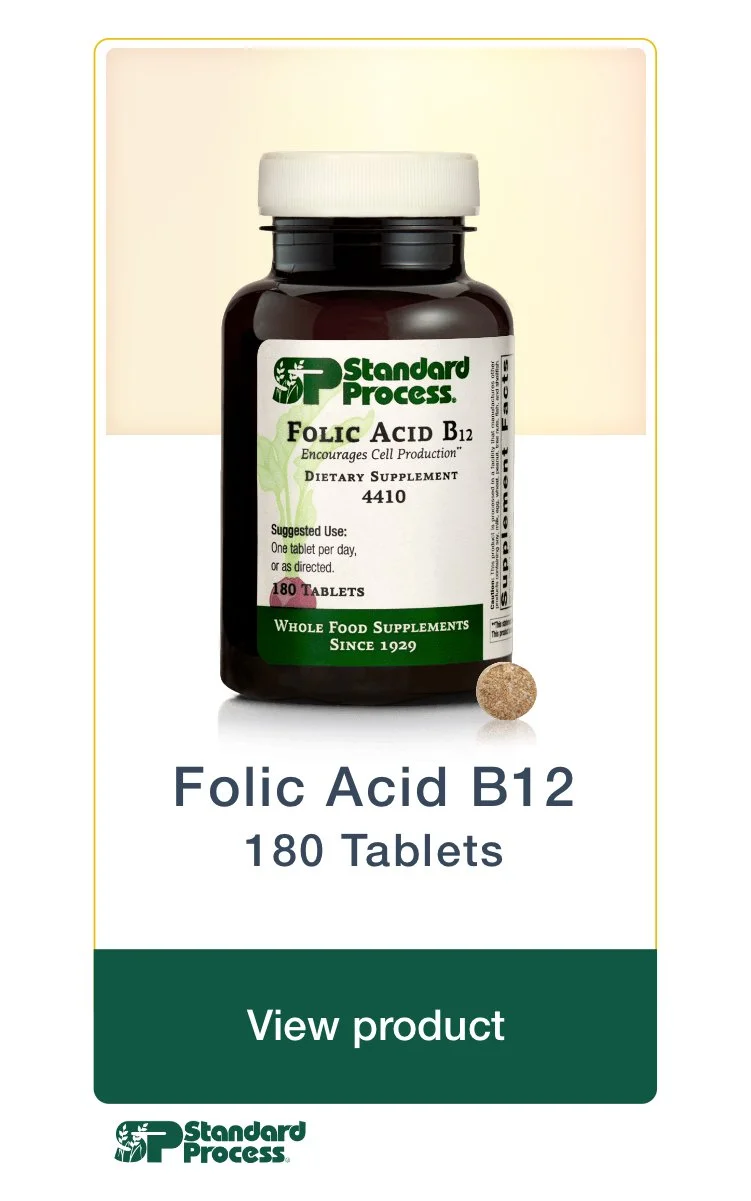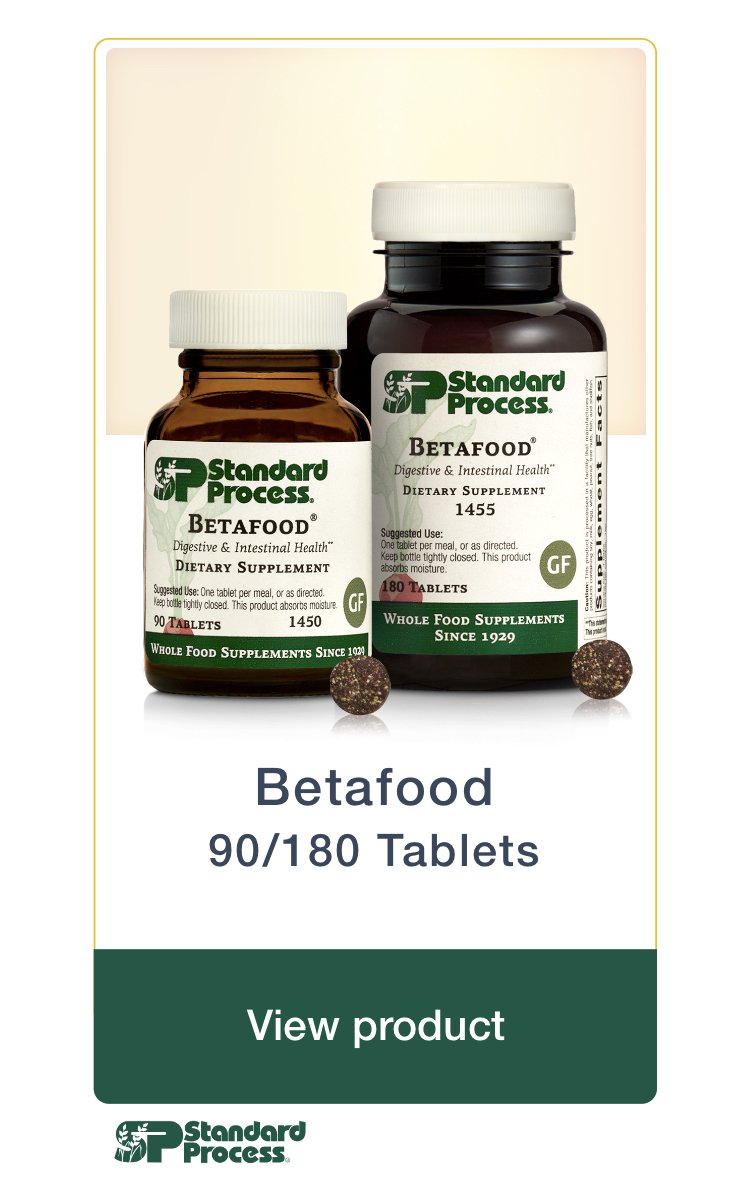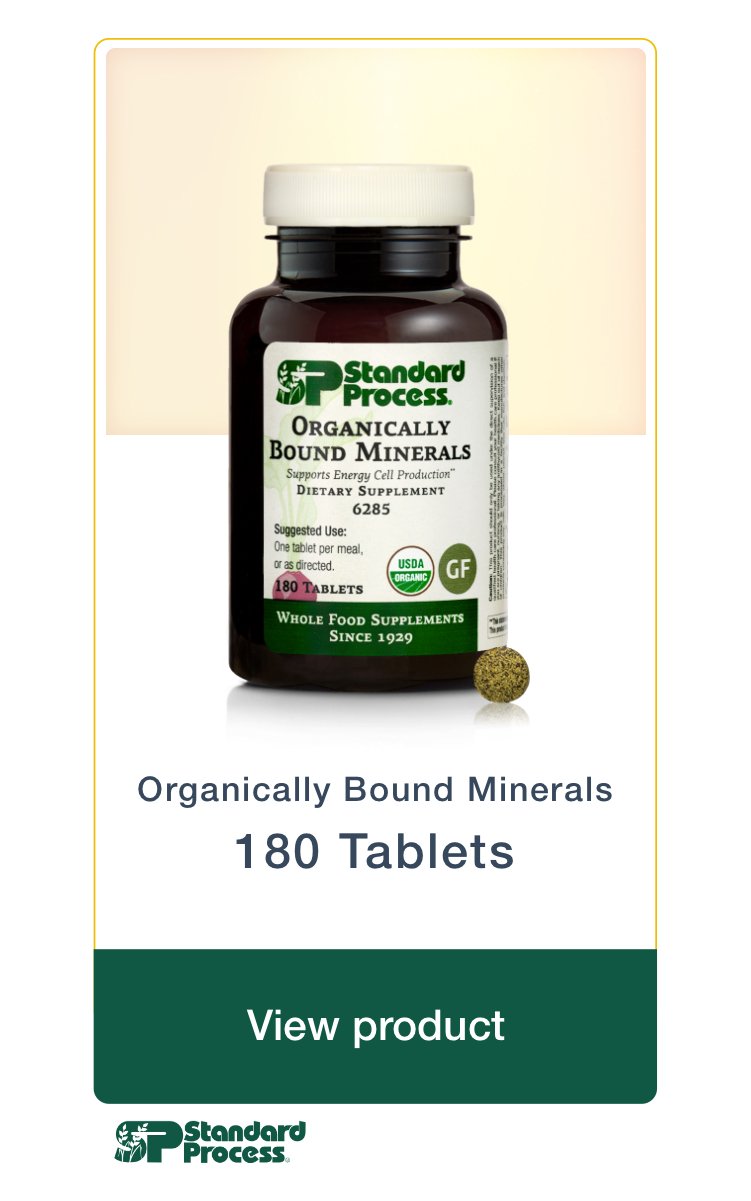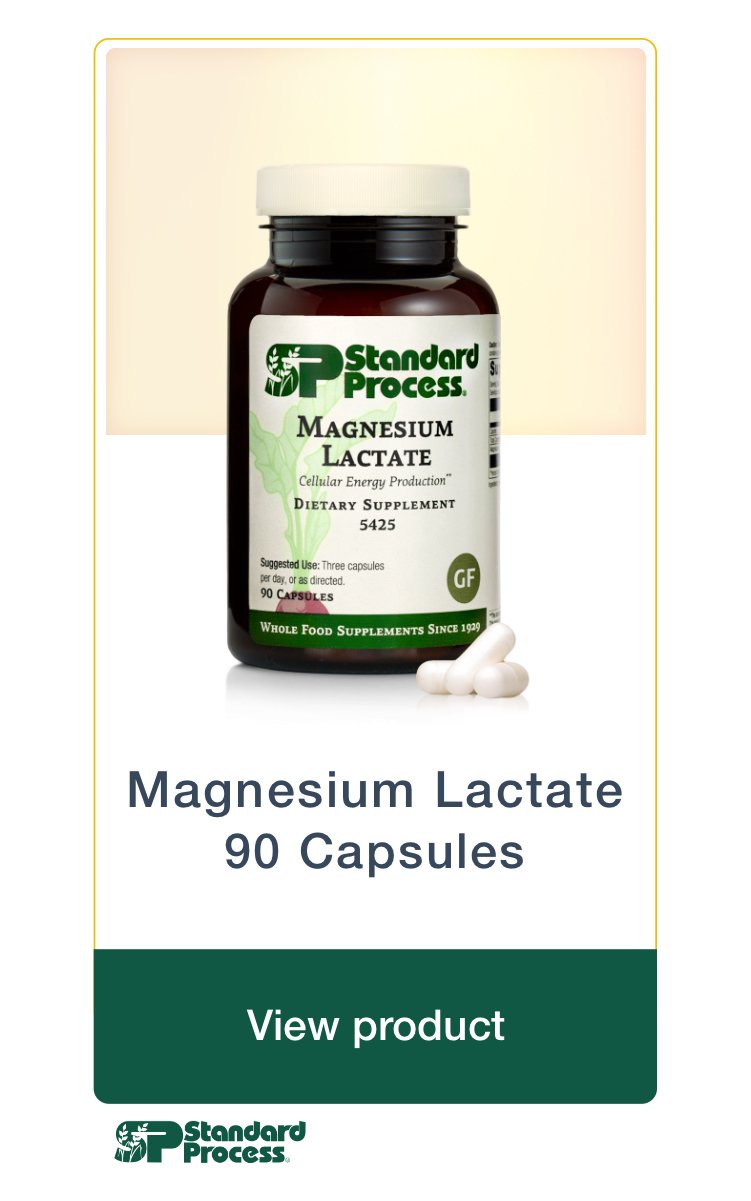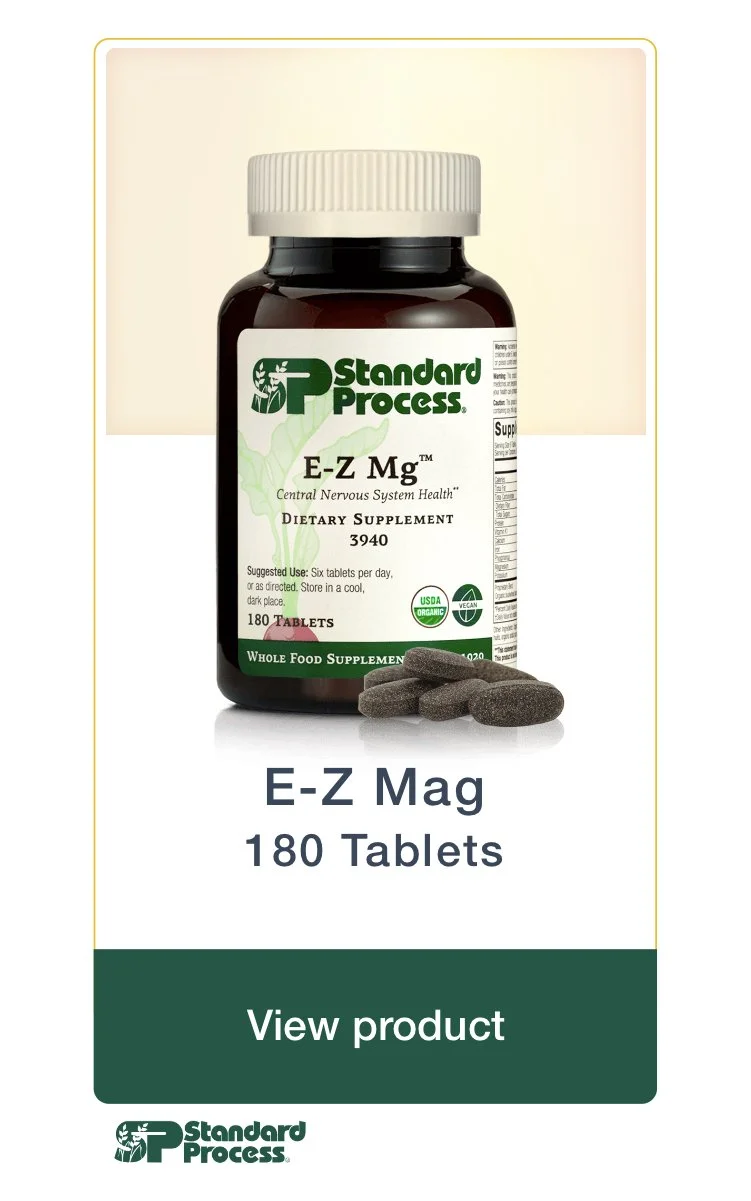DEPLETIONS
Stomach Acid (Gastric HCL)
If you want proof that magic can be real, study the physiology of the stomach. Imagine swallowing a piece of juicy medium-rare grass-fed flatiron steak from Grand View Farm in Forest Hill, MD… once it hits the stomach, specialized juices will begin disassembling that piece of tasty delight; the substance from that digestive process is then passed on to the GI-tract so that, potentially, it can be assimilated by the intestinal lining for transport by the blood stream. Eventually, the end products from this magical process might be reconstructed into the tissues of your knee, or utilized to stimulate your heart beat.
And this is no slight of hand, the stomach, in concert with stomach acid and pH-specific enzymes, disassembles proteins into their constituent amino acids. These amino acids are then assembled back into every structural and functional aspect of the human body.
And it’s role doesn’t end there. Strong stomach acid defends against bacteria, viruses, and a host of foreign invaders; add enzymes… now the stomach processes minerals for chelation and prepares Vitamin B12 for absorption and utilization. All sorts of vital biological processes and physiological signaling (brain-gut connection) are happening when the food in your stomach is being digested in the appropriate acidic environment.
Unfortunately, at the first sign of digestive distress, we’ve been duped into concluding that the villain is an overproduction of the ever-so-vital stomach acid. I assure you that this is rarely the case, and that reflexively reaching for the antacids without confirmation of overproduction can be a dire mistake. Oftentimes it’s the decay of inadequately digested food (a consequence of low stomach acid) that can be the culprit.*
low stomach acid nutrient depletions
CoQ10
Coenzyme Q10 (CoQ10) is an antioxidant that’s vital to cardiovascular function; it supports the energy generating processes within the mitochondria of cells. It also plays a role in gene expression, protects your brain, and has anti-inflammatory effects throughout the body. Typically, if we assume that someone is eating a wholesome diet, the body can produce an adequate supply CoQ10, but as we age, CoQ10 has been found to decrease. It has also been found to be lower in people with heart disease, and in those who take cholesterol-lowering drugs called statins.*
Folic Acid & Methylation Support
Typically, most women that are actively seeking to become pregnant, or are somewhere along their term, are aware of the importance that adequate levels of folic acid can have on fetal development. What most people don’t realize is that folic acid (folate/B-9) is a vital systemic multitasker; and not just for the fetus. For both males and females of any age, folic acid is paramount to the assembly process of DNA; that DNA in turn arranges amino acids to construct or modify proteins that are the scaffolding for everything. And that’s not it, depleted levels of folic acid along with either a B-6 and/or B-12 deficiency can diminish the body’s ability to neutralize the oxidative damage that can occur from a build-up of homocysteine… this build-up is considered by many to be the real reason for the overproduction of certain forms of cholesterol. In addition, it’s showing to be beneficial for those suffering from depression and/or dementia, and has even been shown to reduce the risk of various cancers. Please check your medications… there are a host of drugs that can deplete folic acid; possibly contributing to the onset of some of these conditions.*
combination products that support methylation
Potassium
Potassium is a mineral; it’s classified as an electrolyte because it possesses an electrical charge when it’s dissolved in bodily fluids. Potassium’s primary role in the body happens inside your cells; it is vital for propagating signals that power your heartbeat and coordinate the interactions between your nerves & muscles. Certain medications, alcohol abuse, and some health conditions - and consuming too much licorice - all have the ability to disrupt the cellular function of potassium and/or affect the kidneys’ ability to regulate its supply.*
Magnesium
Magnesium is involved in over 300 metabolic reactions; it’s a necessity for energy production, nerve, muscle & cardiac function, central nervous system communications, the utilization of calcium, as well as the synthesis of both DNA & the antioxidant glutathione. Alcohol consumption, gastrointestinal conditions, persistent physical and/or emotional stress and certain health conditions can often rob your body of magnesium; check your medications too… there are a host of prescription and OTC drugs that can significantly deplete magnesium levels.*

